Samsung Would Love To See The iPhone X Succeed
October 11, 2017 in Daily Bulletin
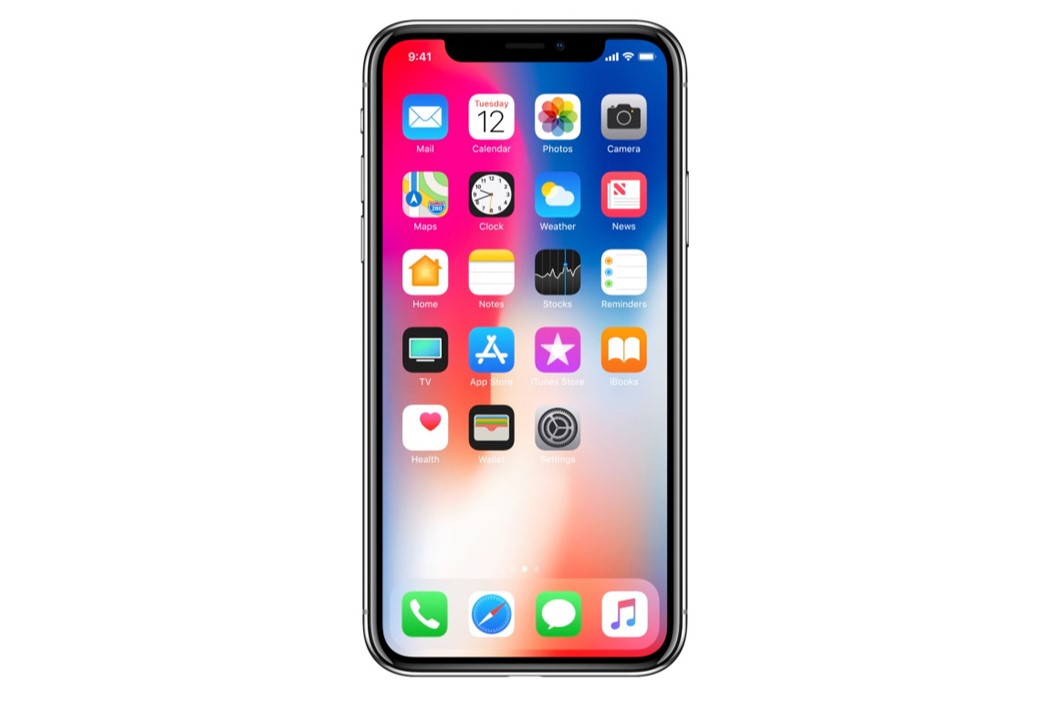
Apple’s arch-rival in the mobile world, Samsung, is hoping Apple’s $1,000 offering will succeed wrote Timothy W. Martin and Tripp Mickle:
- Samsung supplies several components – such as screens and memory chips – for Apple’s devices.
- In fact, Samsung makes more money from Apple’s iPhones than it does from Samsung’s own flagship, the Galaxy S8.
- Half of Samsung’s operating profit – which totals $25.6 billion a year – is thought to be driven by Apple’s business.
- Samsung has put safeguards in place to avoid conflicts of interest. It has three CEOs which helps create a firewall between the component and Galaxy business. The latter buys parts from the former as if they were separate entities.
- Apple is looking to reduce its reliance on its rival by diversifying its suppliers.
Read more on The Wall Street Journal.








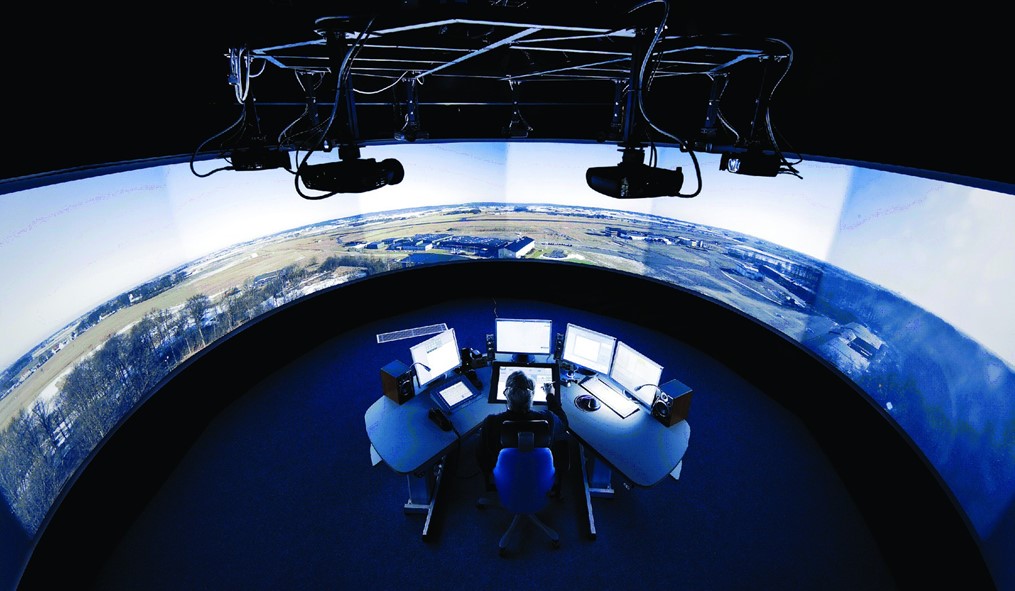
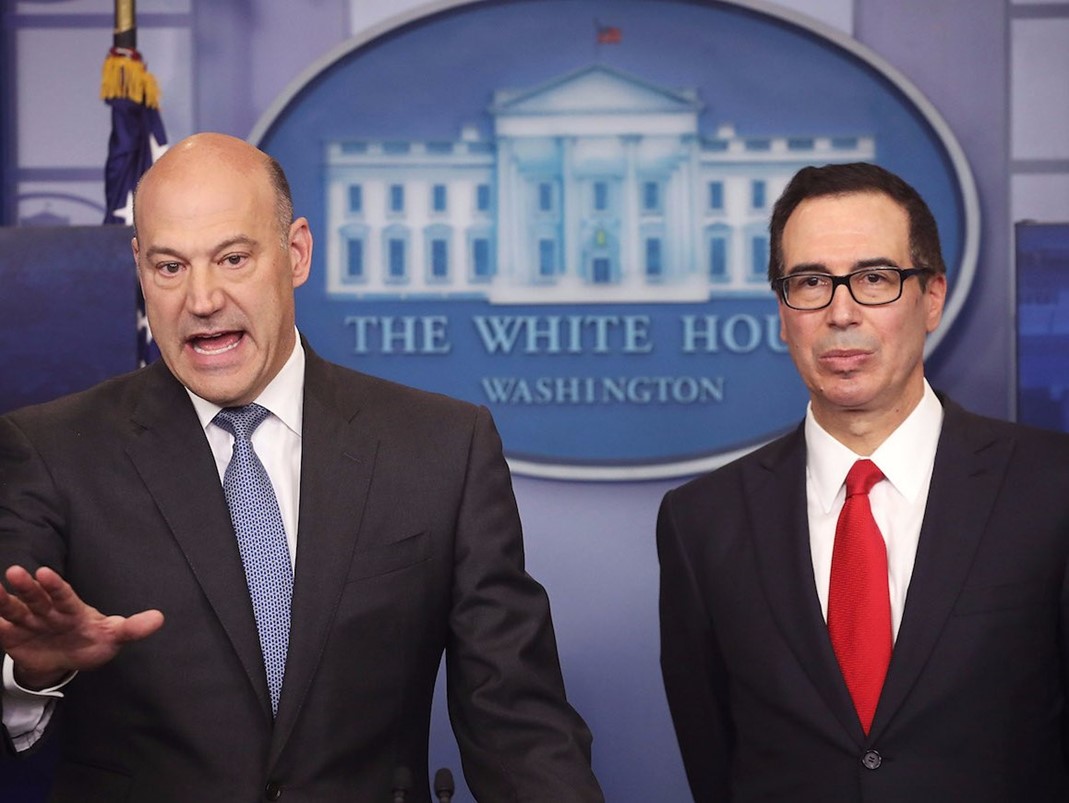
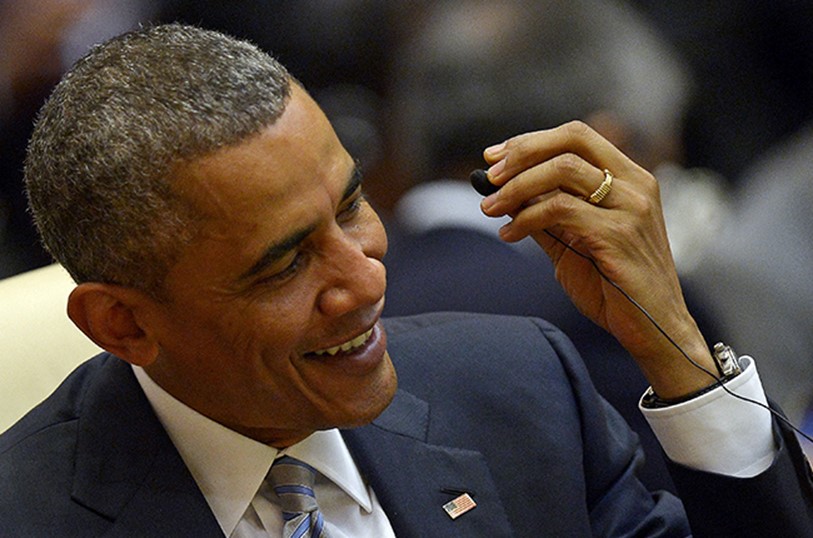

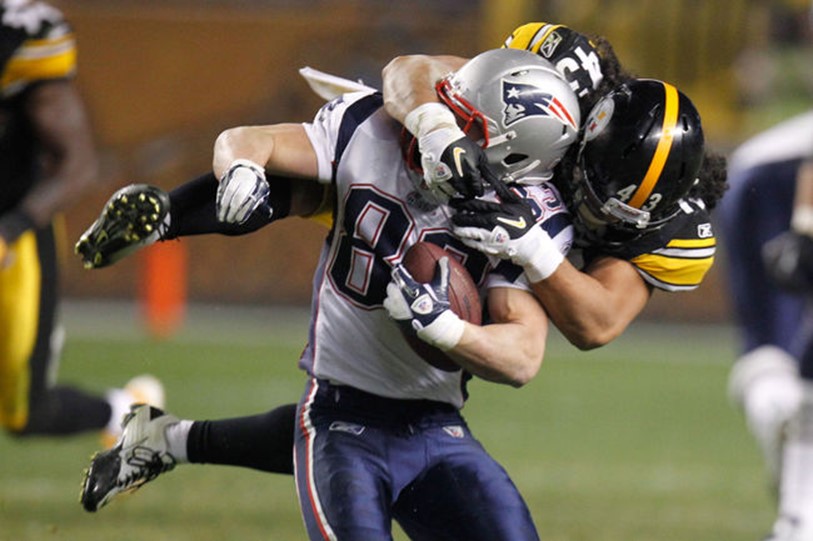
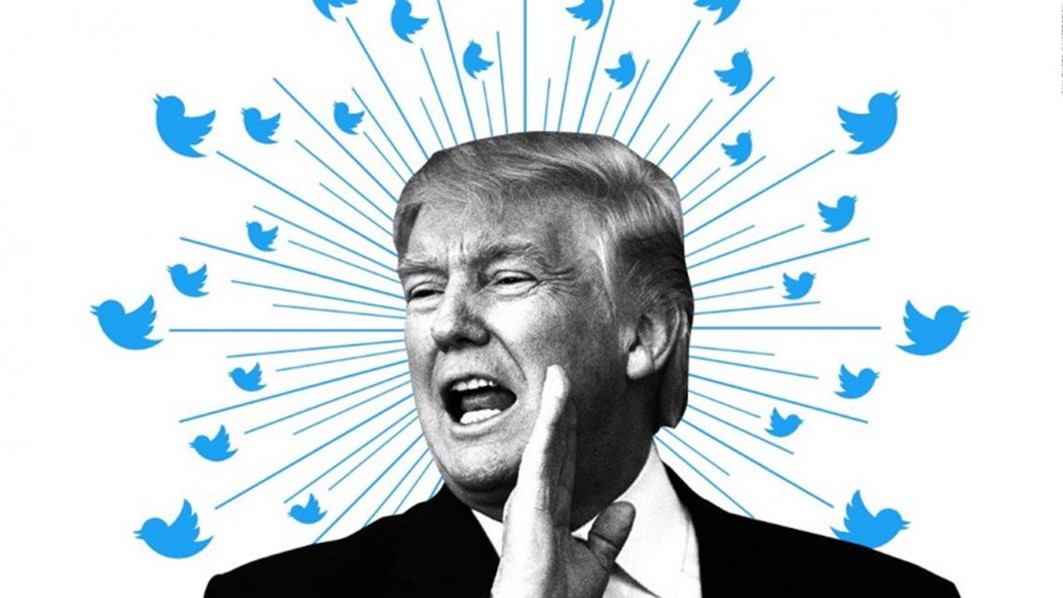

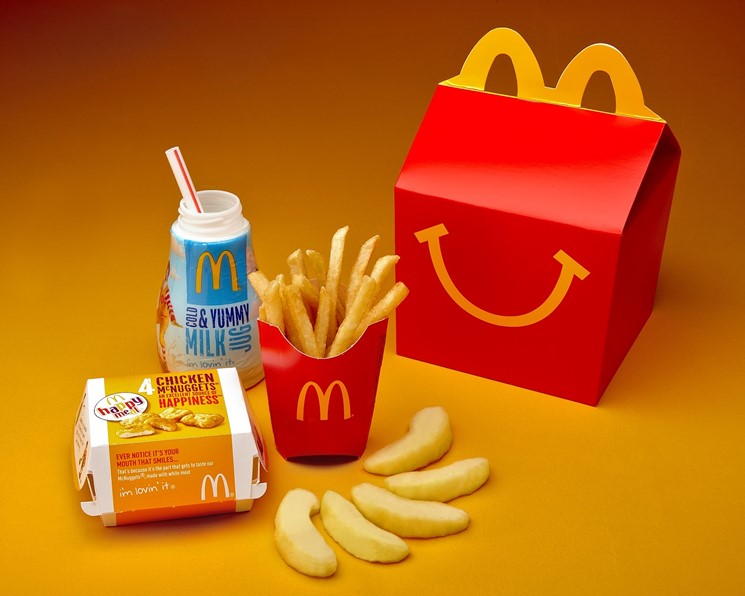
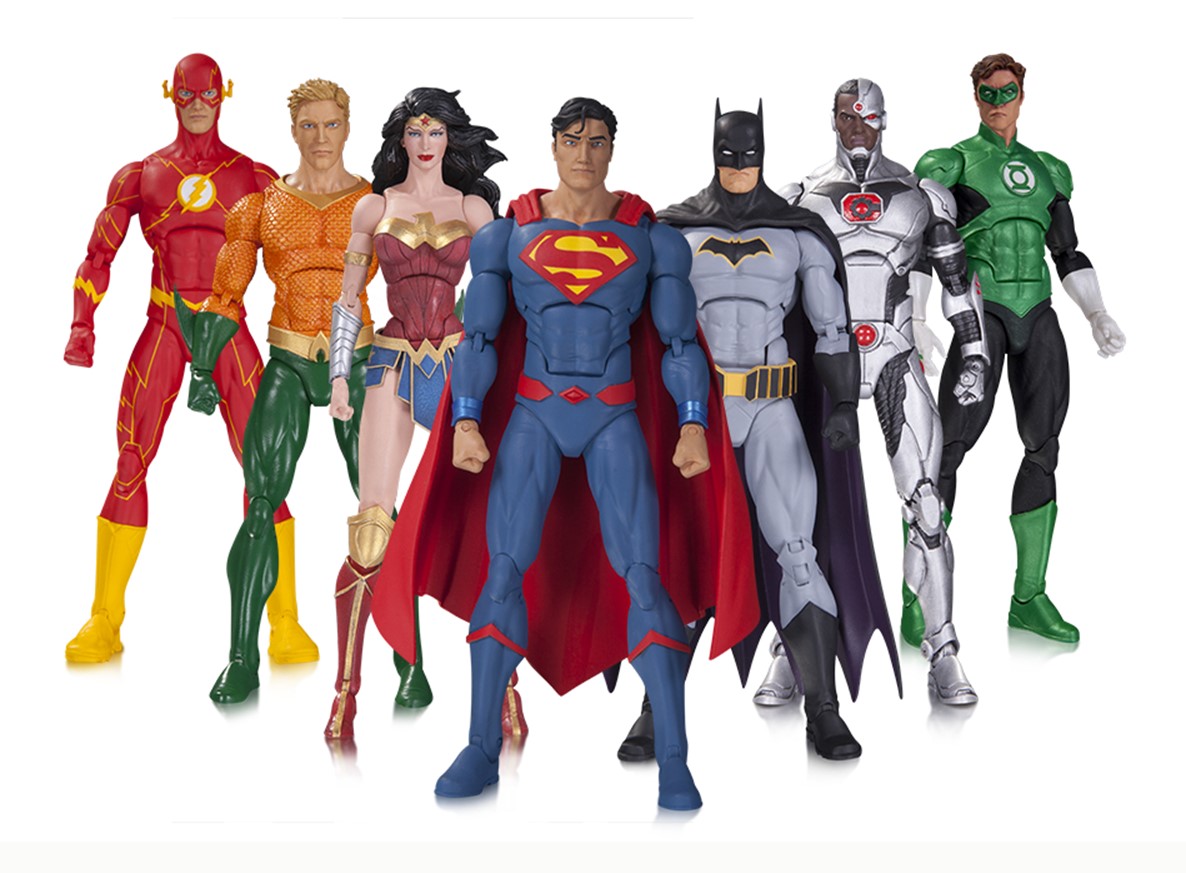
Join the Discussion! (No Signup Required)